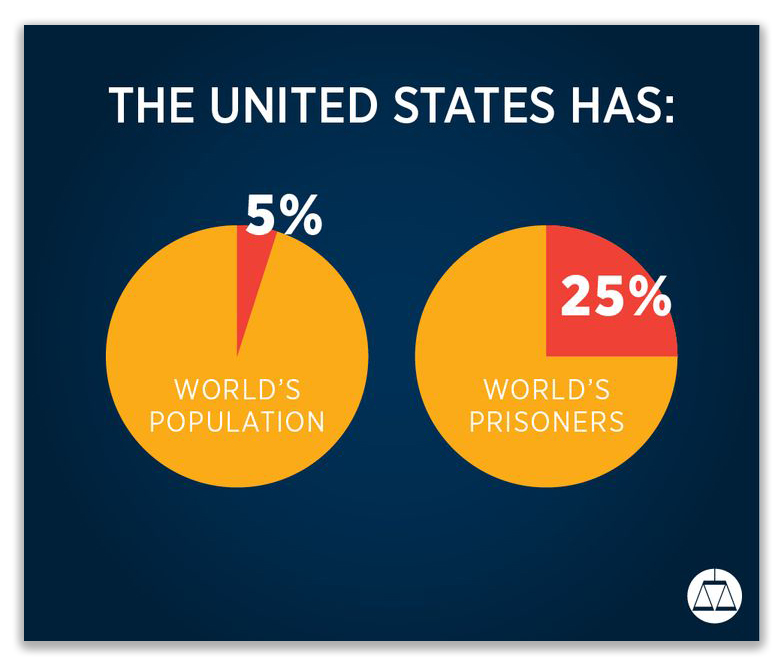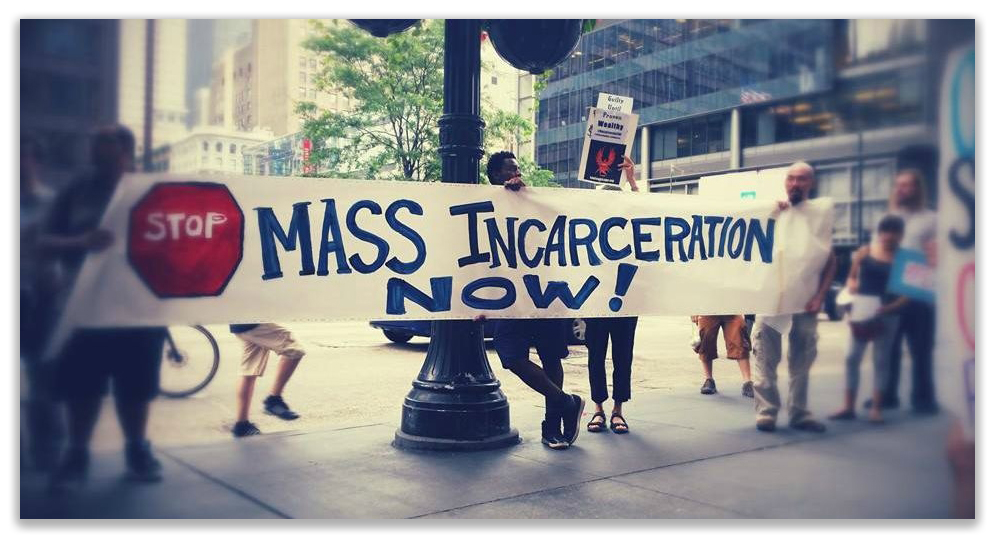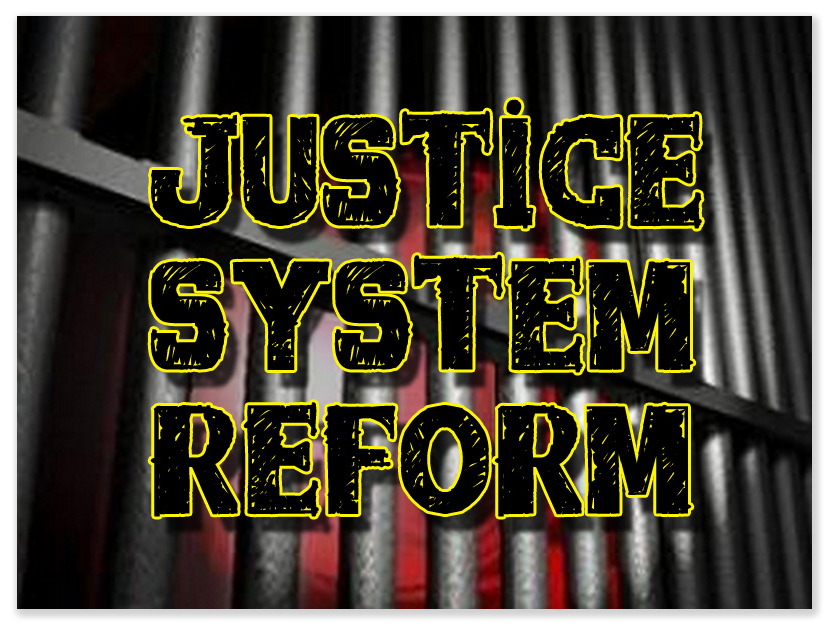We post news and comment on federal criminal justice issues, focused primarily on trial and post-conviction matters, legislative initiatives, and sentencing issues.

A CHANGE IN ATTITUDES – AND RHETORIC – ABOUT INCARCERATION?
 Every Journalism 101 course teaches collegians who aspire to be reporters and editors that it is as obligatory to start a calendar year with a “look-ahead” story as it is to end the year with an “annus horribilis” review. Sure, a lot of writers look ahead and see only doom and gloom – after all, good news doesn’t sell newspapers (really, nothing sells newspapers anymore). But back in the day, we wrote about the next 12 months with optimism and good cheer.
Every Journalism 101 course teaches collegians who aspire to be reporters and editors that it is as obligatory to start a calendar year with a “look-ahead” story as it is to end the year with an “annus horribilis” review. Sure, a lot of writers look ahead and see only doom and gloom – after all, good news doesn’t sell newspapers (really, nothing sells newspapers anymore). But back in the day, we wrote about the next 12 months with optimism and good cheer.
I very cautiously tread into those waters today. This nation has tried to solve the crime problem by locking up the perpetrators for horrific lengths, not because research suggested that draconian sentences solved the problem but rather because such sentences made the voters feel good and secured re-election for the politicians. Seriously, when was the last time a politician lost an election by being too tough on crime?
Until now. That “lock-em-up” attitude has clearly changed in the last few years, evidence of which is Sen. Kamala Harris (D-California) quitting her presidential campaign because, among other reasons, she could not defend her record as a too-tough prosecutor.
The Hill, a publication that circulates largely among Washington DC policymakers, said last week, “After decades of failed policies and devastating consequences, Americans on both ends of the political spectrum strongly agree about the need for bold action to reform the nation’s drug and criminal justice policies.” A recent poll found that most Americans believe drug addiction should be treated more as a health problem than a criminal problem, and there is strong support for expanding programs that send people arrested for drug use to treatment instead of prison.
 Americans are also starting to recognize that only by helping formerly incarcerated people and others with criminal records be more successful in their reentry will we ensure they are able to access the employment, education, housing and public benefits necessary to become contributing members of their communities.
Americans are also starting to recognize that only by helping formerly incarcerated people and others with criminal records be more successful in their reentry will we ensure they are able to access the employment, education, housing and public benefits necessary to become contributing members of their communities.
“We have come a long way since… the “tough-on-crime” approach of the 1980s and 1990s that did little to improve safety but much to foment mistrust and misunderstanding between law enforcement and communities,” Koch Industries general counsel Mark Holden and former federal inmate Alice Johnson wrote last week in a Fox News commentary. “The good news is that, as we have seen in the last few years, momentum for action has accelerated. The pursuit of criminal justice reform has done what some might have thought unthinkable in this bitter political environment.”
Several 2020 Democratic candidates are beginning to wrestle publicly with the question of what to do about violent offenders amid a party-wide progressive swing on criminal justice policy.
Advocates point to growing research that indicates most people “age out” of violent crime after their 20s and 30s, and to the fact that many states classify as violent some drug crimes and other offenses most Americans do not consider violent.
What to do about violent offenders is becoming part of the discussion, although still a small part. Sen. Harris, before dropping out of the race, said her administration would study “how best to hold individuals convicted of violent offenses accountable.” Her proposals noted that long sentences are not proven to be particularly effective.
The ACLU’s smart justice campaign asked candidates whether they would commit to working towards a 50% reduction in incarceration, and almost all have agreed to the target number. “We can do it more than that,” former Vice President Joe Biden said last summer. Doing so, as a simple matter of mathematics, would involve releasing people convicted of violent crimes.
I believe the consensus will lead to further legislation after the 2020 election that will probably make some of the changes in the First Step Act – such as changes in statutory maximums for drug offenses and 924(c) stacking – retroactive. Unfortunately, despite a bipartisan consensus, nothing is likely to get done in 2020, with the toxicity of an impeachment and the drama of a presidential campaign. Perhaps in 2021…
Give me two years on this prognostication, then circle back and tell me I was wrong.
The Hill, Candidates take note: Strong bipartisan consensus on criminal justice reform (Dec. 23, 2019)
The Marshall Project, Can We Fix Mass Incarceration Without Including Violent Offenders? (Dec. 12, 2019)
Fox News, Johnson and Holden: First Step Act working – now here are the next steps in criminal justice reform (Dec. 22)
– Thomas L. Root







